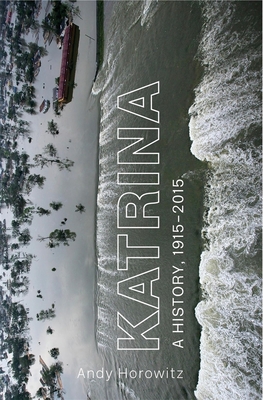Expedite your nonfiction book discovery process with Readara interviews, summaries and recommendations, Broaden your knowledge and gain insights from leading experts and scholars
In-depth, hour-long interviews with notable nonfiction authors, Gain new perspectives and ideas from the writer’s expertise and research, Valuable resource for readers and researchers
Optimize your book discovery process, Four-to eight-page summaries prepared by subject matter experts, Quickly review the book’s central messages and range of content
Books are handpicked covering a wide range of important categories and topics, Selected authors are subject experts, field professionals, or distinguished academics
Our editorial team includes books offering insights, unique views and researched-narratives in categories, Trade shows and book fairs, Book signings and in person author talks,Webinars and online events
Connect with editors and designers,Discover PR & marketing services providers, Source printers and related service providers

Katrina: A History, 1915-2015
History > United States - State & Local - South (AL,AR,FL,GA,KY,LA,MS,NC,SC,TN,VA,WV)
- Harvard University Press
- Hardcover
- 9780674971714
- 9.3 X 6.5 X 1.3 inches
- 1.4 pounds
- History > United States - State & Local - South (AL,AR,FL,GA,KY,LA,MS,NC,SC,TN,VA,WV)
- (Single Author) Asian American
- English
Readara.com
Book Description
A Publishers Weekly Best Nonfiction Book of the Year
The definitive history of Katrina: an epic of citymaking, revealing how engineers and oil executives, politicians and musicians, and neighbors black and white built New Orleans, then watched it sink under the weight of their competing ambitions.
Hurricane Katrina made landfall in New Orleans on August 29, 2005, but the decisions that caused the disaster extend across the twentieth century. After the city weathered a major hurricane in 1915, its Sewerage and Water Board believed that developers could safely build housing away from the high ground near the Mississippi. And so New Orleans grew in lowlands that relied on significant government subsidies to stay dry. When the flawed levee system surrounding the city and its suburbs failed, these were the neighborhoods that were devastated. The homes that flooded belonged to Louisianans black and white, rich and poor. Katrina's flood washed over the twentieth-century city.
The flood line tells one important story about Katrina, but it is not the only story that matters. Andy Horowitz investigates the response to the flood, when policymakers reapportioned the challenges the water posed, making it easier for white New Orleanians to return home than it was for African Americans. And he explores how the profits and liabilities created by Louisiana's oil industry have been distributed unevenly among the state's citizens for a century, prompting both dreams of abundance--and a catastrophic land loss crisis that continues today.
Laying bare the relationship between structural inequality and physical infrastructure--a relationship that has shaped all American cities--Katrina offers a chilling glimpse of the future disasters we are already creating.
Author Bio
Andy Horowitz specializes in modern American history. His research explores disasters and the questions they give rise to about race, class, community, trauma, inequality, the welfare state, metropolitan development, extractive industry, and environmental change.
He is the author of Katrina: A History, 1915–2015 (Harvard University press, 2020), Critical Disaster Studies, co-edited with Jacob Remes (University of Pennsylvania Press, 2021), and served as guest editor for “Human/Nature,” a 2021 special issue of Southern Cultures. He also has published essays in The Atlantic, Time, Rolling Stone, the Washington Post, and the New York Times.
Research Interests
Horowitz’s current research explores disasters and the questions they give rise to about race, class, community, trauma, inequality, the welfare state, metropolitan development, and environmental change. His first book, Katrina: A History, 1915–2015 (Harvard University Press, 2020), traces Katrina’s causes and consequences across a century in order to demonstrate how the places we live, and the disasters that imperil them, are at once artifacts of state policy, cultural imagination, economic order, and environmental possibility.
Katrina won a 2021 Bancroft Prize in American History, and was named the 2021 Humanities Book of the Year by the Louisiana Endowment for the Humanities, and a 2020 Best Nonfiction Book of the Year by Publishers Weekly. Horowitz also co-edited Critical Disaster Studies (University of Pennsylvania Press, 2021), which charts a course for the future of the field of disaster studies, and served as the guest editor for Human/Nature, a Spring 2021 special issue of the journal Southern Cultures focused on the environment.
His dissertation on the history of disaster in greater New Orleans won Yale’s George Washington Elgeston Prize for best dissertation in American history, and the Southern Historical Association’s C. Vann Woodward Prize for best dissertation in Southern history. Along with his academic writing, he has published essays in the Washington Post, The Boston Globe, Time, The Atlantic, and the New York Times.
Education
Ph.D., Yale University, 2014
Source: Tulane University
Videos




Community reviews
No Community reviews

